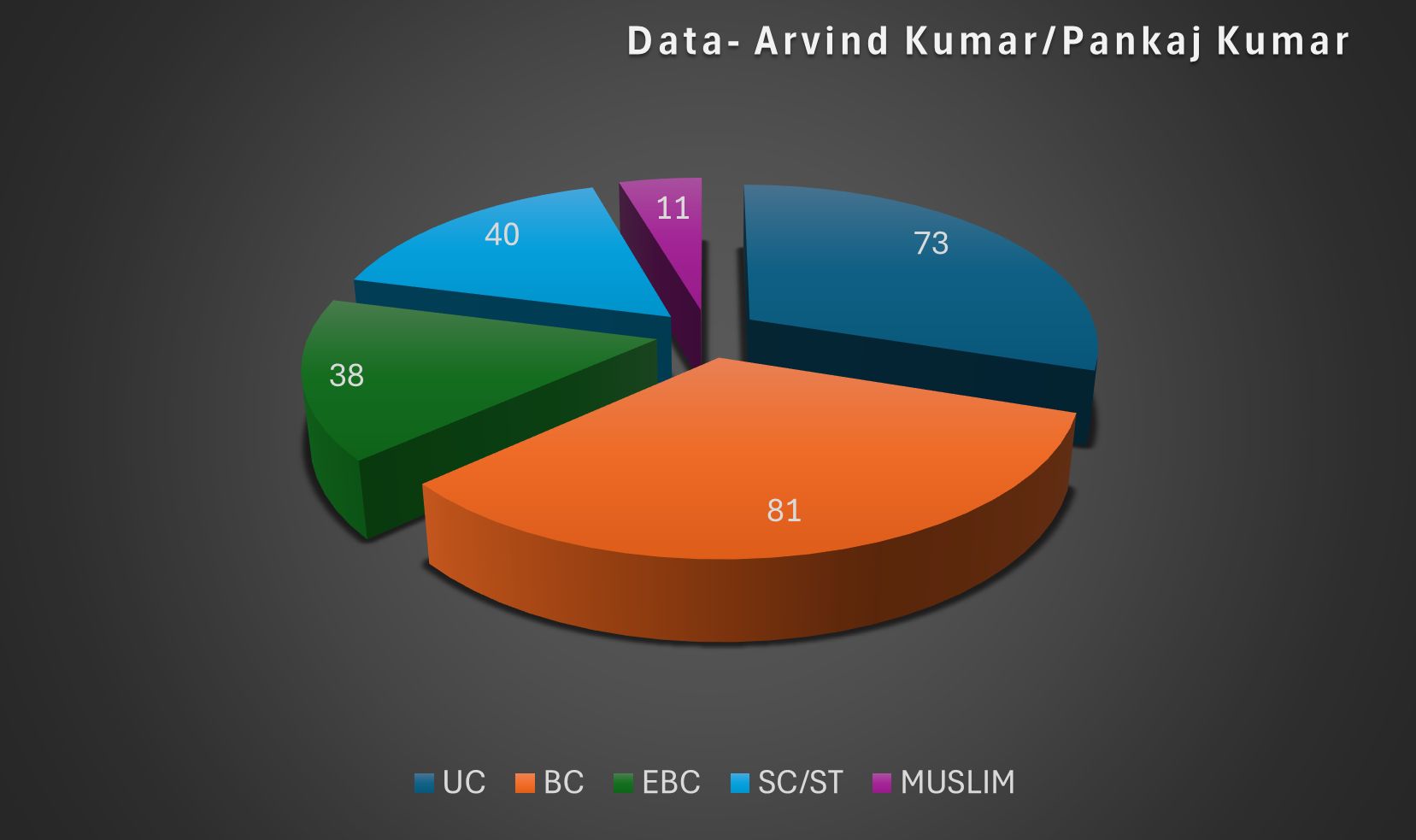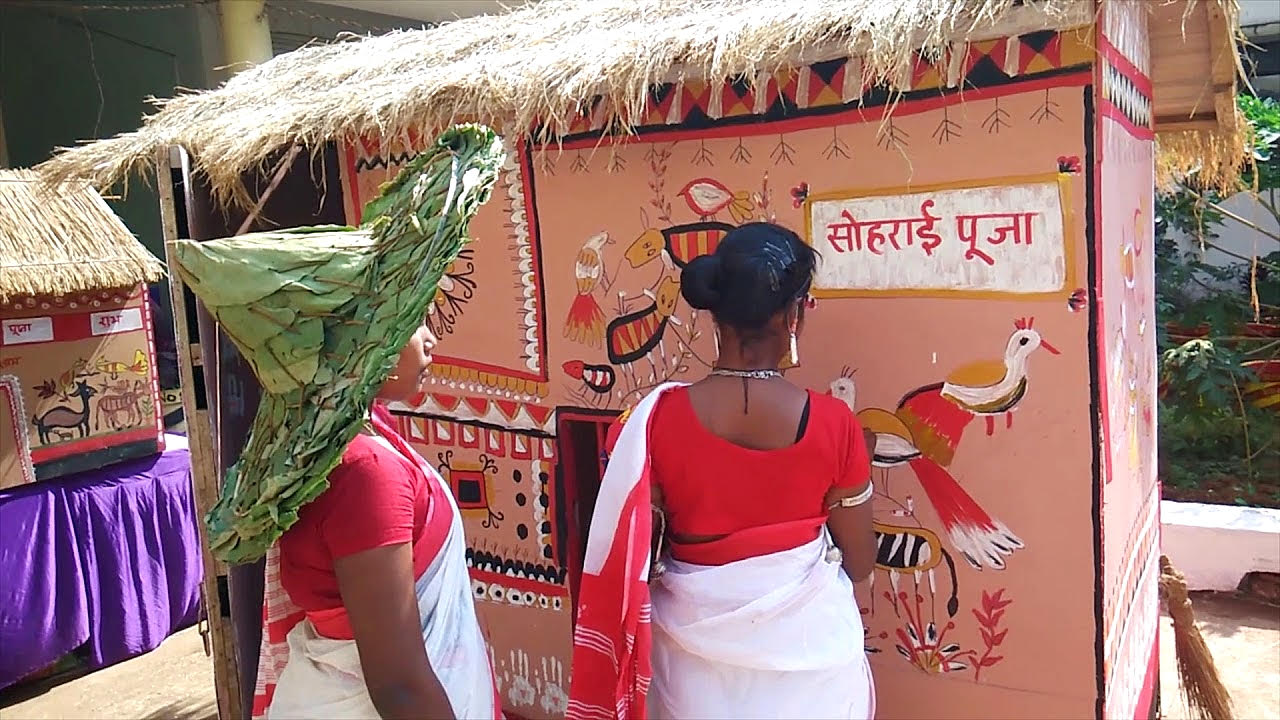Vasavi Kiro is a former member of the Jharkhand State Commission for Women and a well-known Adivasi author and social activist. As a journalist, she has been associated with The Times of India and Jansatta. She has led and participated in several movements and protests in Jharkhand. Jyoti Paswan did an extensive interview with her. This is the first part.
Please tell us something about yourself. When and where were you born? How was your childhood and when and how did you get drawn to Adivasi literature and social activism?
Not long ago, Adivasi literature created waves in the world of letters. Dr Ramdayal Munda, Ramnika Gupta, Mahashweta Devi and many others were active in the field of literature. I was also one of them. On 2 June 2002, for the first time, the Sahitya Akademi organized an event focused solely on the problems faced by Adivasis. I moderated the programme. Immediately afterwards, we constituted the All India Tribal Literary Forum in New Delhi under the leadership of Ramdayal Munda. Ramnika was a great support. She lived in Delhi and her residence was used as the forum’s office. All these people contributed immensely to the enrichment of Adivasi literature. Till then there was nothing like Adivasi literature in the country, or shall we say, in the world. No one talked about Adivasi literature and there was no discourse centred on it. Twenty years have elapsed since. In 2018, we celebrated 15 years of the formation of the forum. This year, too, we are going to hold a large event on 30 June and 1 July. UNESCO is celebrating 2022-32 as the International Decade of Indigenous Languages and we are holding the event to announce the celebration. We will also hold discussions on the various dimensions of Adivasi literature. It is the duty of the Adivasi writers, poets, novelists and intellectuals to hold events to make the decade of indigenous languages memorable and full of creative activities. Currently, I am busy preparing for this event.





